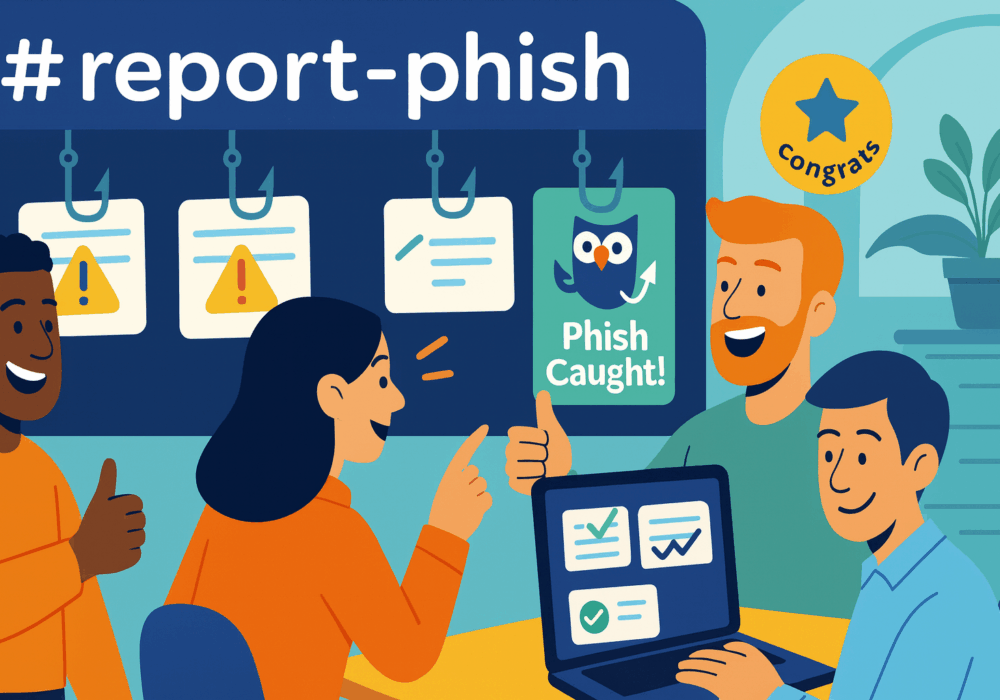There is a concerning and highly effective strategy that criminal hackers are now using to harvest sensitive customer data from Internet Service Providers (ISPs), phone companies, and social media firms. This strategy involves compromising email accounts and websites tied to police departments and government agencies, and then sending unauthorized “Emergency Data Requests” for subscriber data where the information requested can’t wait for a court order because it relates to matters of life and death.
In the United States, when federal, state, or local law enforcement agencies want to obtain information about who owns an account at a social media firm, or what Internet addresses a specific cell phone account has used in the past, they must submit an official court-ordered warrant or subpoena. Virtually all major technology companies and Internet Service Providers (ISPs) have departments that routinely review and process such requests. Such requests are only granted once proper documentation is provided and the requestor’s identity is verified out-of-band (not from the email requesting the data) as belonging to the actual police department or law enforcement agency.
However, like most phishing attacks that create a critical sense of urgency hoping that’s the catalyst for action on the victim’s part, hackers are making data requests of these organizations claiming imminent harm or death will result from inaction. Many times, legitimate investigating officers make what’s known as an “Emergency Data Request” (EDR), which essentially bypasses any official review and does not require the requestor to supply any court-approved documents. If tech companies do not validate the requestor in such circumstances, the hacker wins and gets critical data required to carry out their attacks.
Hackers have figured out there is no quick and easy way for a company that receives one of these EDRs to know whether it is legitimate. Using unauthorized access to police email systems or individual accounts, hackers will send a fake EDR request along with a note stating ‘the potential for innocent people suffer or die exists here unless this data request is processed immediately’.
In this scenario, the receiving company finds itself caught between two outcomes: failing to immediately comply with an EDR and potentially having someone’s blood on their hands, or possibly leaking a customer record to the wrong person.
To make matters more complicated, there are tens of thousands of police jurisdictions around the world. With more than 18,000 in the United States alone all it takes for hackers to succeed is to access a single police email account. In other cases, they breach the entire email server and have access to all the email traffic going on in a particular precinct.
Lawmakers in Washington, DC, have introduced a Bill To Combat Counterfeit Court Orders that would improve the current system in place for sending EDRs. It would require all federal, state, and tribal courts to use a digital signature for orders authorizing surveillance, domain seizures, and the removal of online content. Digital signatures use encryption technology to prove the authenticity of documents and other data, which are widely used by the private sector, executive, and legislative branches. The bill provides funding for state and tribal courts to adopt widely available digital signature technology that meets standards developed by the National Institute of Standards and Technology.
Until something like that is in place and implemented, there are actions your company can take to verify the legitimacy of these data requests:
Once this has been done, additional steps can be taken to verify the authenticity of the request, they include inspecting the following items:
Once the request has been confirmed as legitimate and authentic, your organization can take action and complete the request as needed.
Additional Cybersecurity Recommendations
Additionally, these recommendations below will help you and your business stay secure with the various threats you may face on a day-to-day basis. All of the suggestions listed below can be gained by hiring CyberHoot’s vCISO Program development services.
All of these recommendations are built into CyberHoot the product or CyberHoot’s vCISO Services. With CyberHoot you can govern, train, assess, and test your employees. Visit CyberHoot.com and sign up for our services today. At the very least continue to learn by enrolling in our monthly Cybersecurity newsletters to stay on top of current cybersecurity updates.
Sources:
Hackers Gaining Power of Subpoena Via Fake “Emergency Data Requests”
Wyden, Tillis and Whitehouse Introduce Bipartisan Bill To Combat Counterfeit Court Orders
Additional Reading:
Apple, Meta, and Discord All Handed User Data Over to Hackers. Now What?
Discover and share the latest cybersecurity trends, tips and best practices – alongside new threats to watch out for.

Artificial Intelligence (AI) tools are entering our businesses like a new intern with great ideas but no...
Read more
CyberHoot believes security awareness should feel positive, empowering, and rewarding. Traditional phishing...
Read more
In today’s cybersecurity landscape, breaches are rarely caused by a lack of technology. Instead, they stem from...
Read moreGet sharper eyes on human risks, with the positive approach that beats traditional phish testing.
